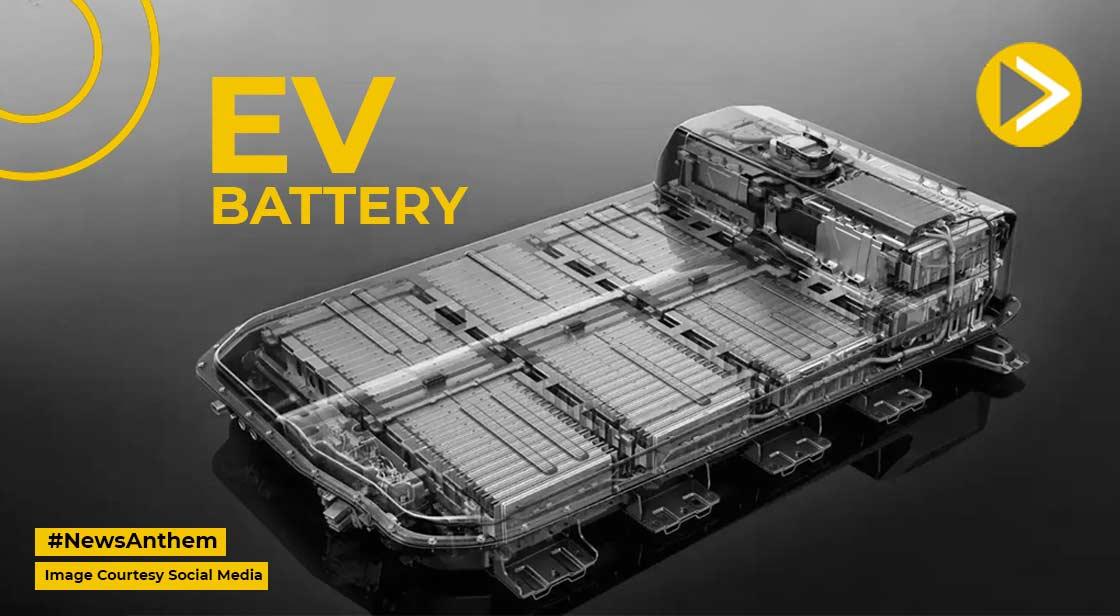EV Battery-Makers Race To Develop Cheaper Cell Materials

News Synopsis
United States and European startups are competing to develop new batteries utilizing sodium and sulphur, two readily available, affordable materials, in an effort to challenge China's dominance in the battery market, ease impending supply constraints, and pave the way for mass-market electric vehicles.
Today's EVs are powered by lithium-ion batteries, the cost of which has skyrocketed. These batteries are mostly constructed of lithium, cobalt, manganese, and high-grade nickel. Carmakers anticipate supply bottlenecks to affect automobile manufacturing towards the middle of the decade as Western carmakers struggle to catch up to their Asian competitors.
Future electric vehicles (EVs) might switch to sodium-ion or lithium sulphur battery cells since they might be up to two-thirds less expensive than current lithium-ion cells by the time they are introduced after 2025.
However, their future success depends on electrochemistry discoveries made by startups like Lyten in the US, Theion in Berlin, and Faradion in the UK.
There are challenges with more recent battery chemistries. Sulfur cells corrode easily and don't last very long, whereas sodium-ion batteries don't yet store enough energy.
To create new types of batteries, more than a dozen firms have drawn millions of dollars in funding as well as government subsidies.
China currently controls all aspects of battery manufacturing, including the mining and refinement of raw materials.
According to a U.K.-based consultancy, Benchmark Mineral Intelligence, China now has 59% of the world's processing capacity for lithium and 75% of the capacity for cobalt.
James Quinn, CEO of British sodium-ion battery startup Faradion,“We’re still dependent on a material supply chain from China,”, said, "We're still dependent on a material supply chain from China." “If you look at the global geopolitical implications of that, it’s a challenge for energy security, economic security, and national security.”
You May Like









